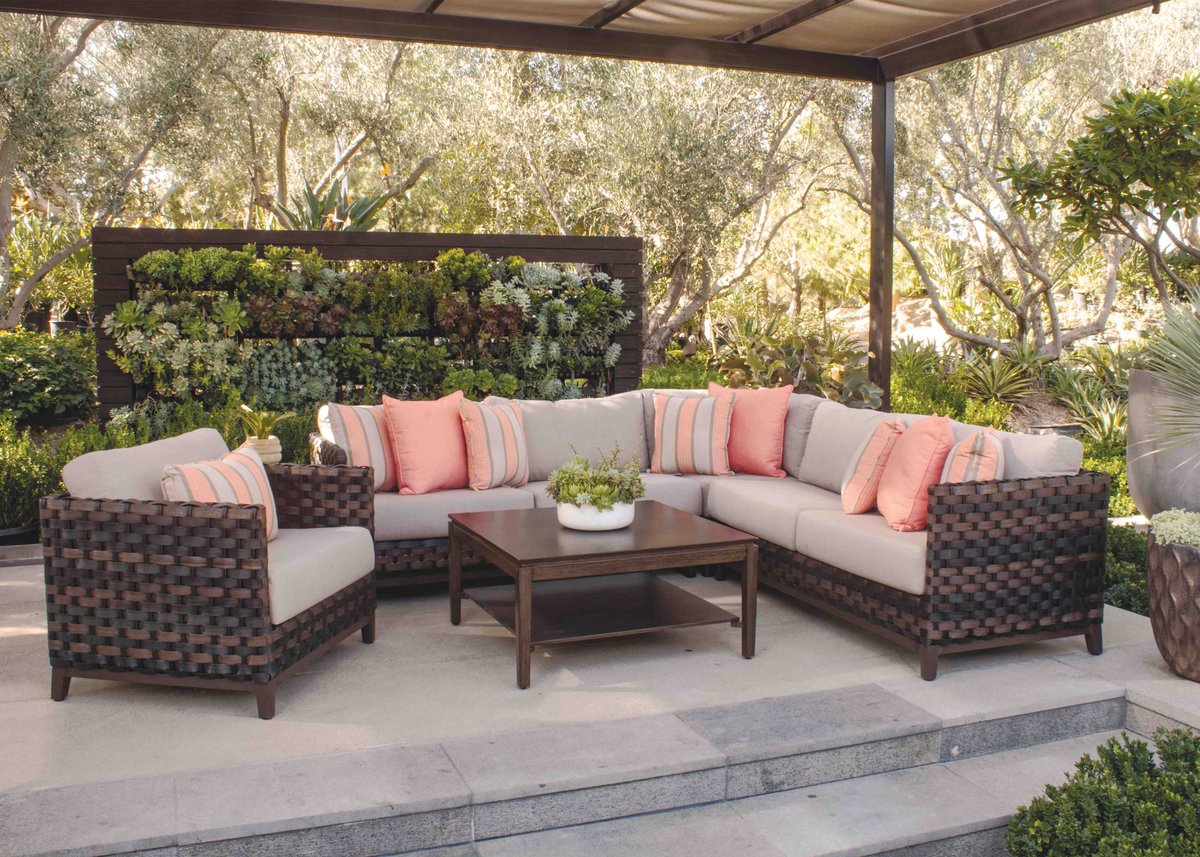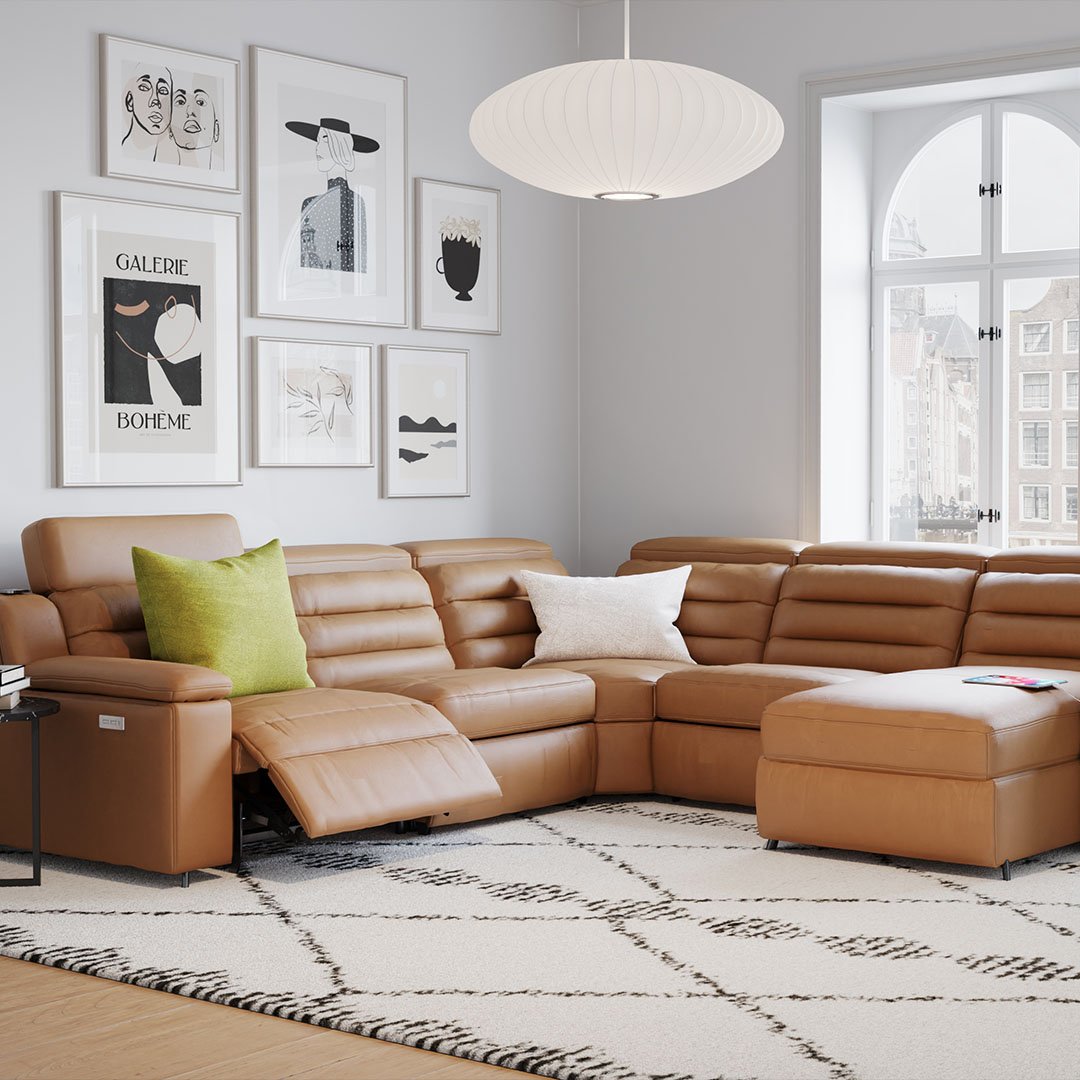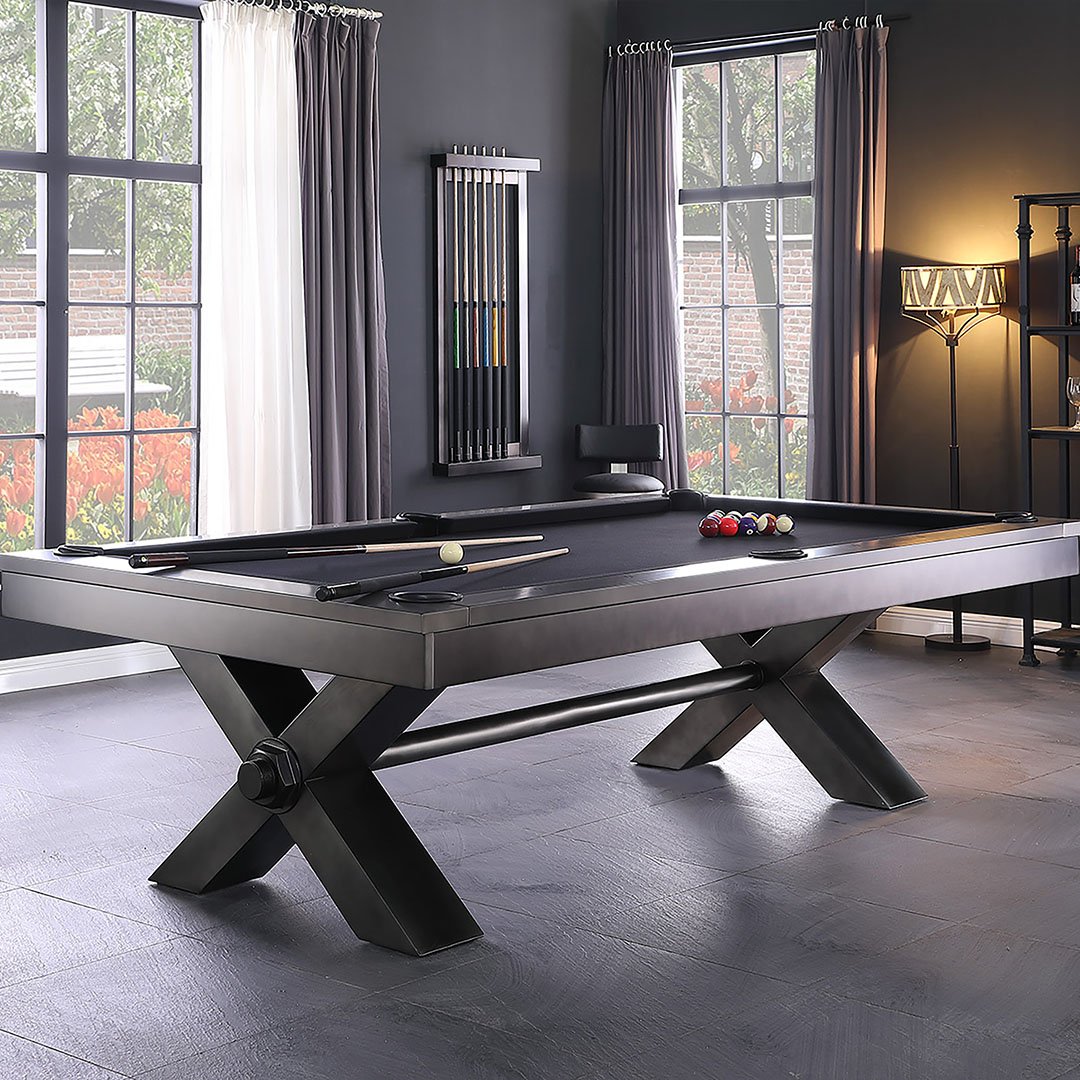Environmentally Friendly Choices: The Impact of Different Outdoor Furniture Materials
When choosing outdoor furniture, it's important to consider how the materials impact the environment. Some common options like plastic and resin wreak havoc on ecosystems, polluting waterways and harming wildlife. Meanwhile, natural materials like wood, bamboo, and recyclable aluminum have a much lower footprint. To help you design the perfect eco-friendly outdoor space, let's explore the environmental pros and cons of different outdoor furniture materials, which options are truly eco-friendly, and how small changes in the materials you choose can make a big difference for the planet. With a few simple guidelines, you can furnish your patio or deck responsibly.
The Environmental Impact of Different Outdoor Furniture Materials
Outdoor furniture, including patio sets, lounge chairs, dining tables, and more, can be made from a variety of materials. Each material has differences in durability, maintenance, style options, and environmental footprint. Being aware of these impacts can help consumers make informed, eco-friendly choices for their outdoor spaces.
Impact of Wood Furniture on the Environment
Wood is a popular choice for outdoor furniture. Teak is often considered the premier wood for outdoor use due to its natural weather resistance. However, teak is slow-growing, and sourcing it can contribute to deforestation. More sustainable options include eucalyptus, acacia, and shorea - these woods are renewable and durable.
Well-maintained wooden furniture can last decades. Look for FSC-certified woods from responsible sources. Consider secondhand or handcrafted pieces. With proper care, wood furniture leaves a relatively small carbon footprint while adding natural style to outdoor spaces.
Impact of Metal Furniture on the Environment
Wrought iron and aluminum are common metals used in outdoor furniture, praised for strength and durability. Manufacturing metal furniture is energy-intensive, from mining raw materials to molding and welding pieces. The production process generates significant greenhouse gas emissions.
Quality metal furniture can last for generations with minimal maintenance. Look for recycled products - some manufacturers use recycled metals and eco-friendly production methods. Choose timeless designs in neutral colors to avoid replacing metal pieces frequently. Be sure to position near trees for cooling shade.
Impact of Plastic Furniture on the Environment
Plastic outdoor furniture, like that made from polypropylene, polyethylene, or resin, is praised for affordability, low maintenance, and style options. However, most plastic furniture cannot be recycled. It can take over 400 years to decompose in landfills, leaching harmful chemicals.
Look for recycled post-consumer plastic content or renewable bio-based materials. Plastic made from natural oils has less environmental impact. Consider rental options for occasional needs instead of purchasing plastic furniture. Place plastic pieces strategically to avoid heat absorption and warping.
For more information about how to make environmentally friendly choices with your outdoor furniture, check out our furniture environmental impact guide.
Making Sustainable Choices in Outdoor Furniture
Now that you're familiar with the impact of furniture materials on the environment, let's figure out how you can make sustainable choices when shopping for outdoor furniture.
Opting for Recycled or Re-claimed Materials
Seeking out recycled and reclaimed materials is an excellent strategy for eco-friendly outdoor furniture. Reclaimed teak from old houses, barns, and ships gives new life to durable wood.
Plastic made from recycled HDPE milk jugs or detergent bottles is a better option than virgin plastic. Look for brands that re-purpose post-industrial plastic waste into furniture. Supporting the recycled furniture market helps develop these sustainable practices.
See our versatile furniture for your outdoor space design guide.
Considering Durability and Longevity
Choose outdoor furniture built to last through seasons and years with minimal maintenance. Durable woods like teak made with high-quality construction and all-weather materials are ideal. Look for sturdy frames, durable fabric choices, and weather-resistant finishes.
Avoid furniture with plastic or rattan that can become brittle and break over time. Consider collapsibility and portability to bring pieces indoors during extreme weather. Protected furniture lasts longer, reducing replacement needs and waste.
Benefits of Choosing Local and Ethically Sourced Materials
Seeking locally crafted outdoor furniture supports smaller businesses while reducing the environmental impacts of long-distance shipping. Handcrafted, custom work can utilize reclaimed and sustainable materials. Knowing your furniture maker personally allows you to understand their eco-practices.
Be sure to research furniture manufacturer's commitments to environmental sustainability and ethical working conditions. Some outdoor brands use renewable bamboo or rattan harvested by fair-wage workers. Choosing eco-conscious brands makes a statement about sustainable values.

What Are The Different Eco-Friendly Patio Furniture Styles?
When choosing patio furniture, it's important to consider the environmental impact of different materials and manufacturing processes. Some eco-friendly patio furniture styles include:
- Wicker: Wicker is a weaving technique that uses natural fibers like rattan, bamboo, or synthetic materials like resin wicker. Since wicker patio furniture uses natural materials, it's often a sustainable option. Look for sustainably harvested rattan or bamboo. Check out our Morro Bay 4-piece seating set.
- Reclaimed Wood: Furniture made from reclaimed wood recycling materials that would otherwise go to waste. Old barn wood, wine barrels, and pallets can be repurposed into charming patio furniture.
- Recycled Plastic: Many manufacturers use recycled plastic milk jugs and detergent bottles to create sturdy, weather-resistant patio furniture. This diverts waste from landfills. Take a look at this Harvest 4-piece dining set.
- Stainless Steel: Stainless steel is long-lasting, requires little maintenance, and is infinitely recyclable. While more expensive upfront, stainless furniture represents a good investment.
- Aluminum: Recycled aluminum requires only 5% of the energy needed to produce new aluminum. Look for outdoor furniture made from at least 50% recycled aluminum. This Coronados Sectional is great for large families or parties!
- Teak: Teak is a durable hardwood that requires little maintenance. Look for manufacturers that use plantation-grown teak certified by the Forest Stewardship Council.
- Wrought Iron: Wrought iron is incredibly durable and long-lasting. Look for furniture with a high recycled metal content to reduce environmental impact. Our Grand Tuscany Bench makes a cute addition to any garden.
The Benefits of Eco-Friendly Patio Furniture
Choosing eco-friendly patio furniture and accessories made from natural, recycled, and sustainable materials offers many advantages:
- Lower Carbon Footprint: Eco-friendly patio furniture has less environmental impact across its lifecycle. Manufacturing furniture from recycled plastic or aluminum generates fewer carbon emissions than using virgin materials.
- Quality Materials: Many sustainable outdoor furniture brands use high-quality materials like FSC-certified wood, marine-grade aluminum, and finely woven wicker that stand the test of time.
- Less Maintenance: Furniture made from teak, recycled plastic, or powder-coated aluminum requires little maintenance compared to other outdoor furniture materials.
- Greater Durability: Eco-friendly patio furniture styles like stainless steel, aluminum, teak, and wrought iron last for years. Their longevity offsets any higher upfront costs.
- Support Sustainable Practices: Choosing eco-conscious outdoor furniture supports companies committed to sustainability throughout their supply chain.
- Aesthetically Pleasing: Many sustainable outdoor furniture collections offer attractive, on-trend patio furniture designs using natural, recycled, or upcycled materials.
- Promotes Circular Economy: Opting for reclaimed wood or recycled plastic outdoor furniture helps develop markets for reused materials, reducing waste.
- Safe Materials: Eco-friendly furniture often avoids harmful chemicals used in some traditional outdoor furniture manufacturing. It utilizes safer, natural materials.
For outdoor dining sets, lounge chairs, coffee tables, and more choosing sustainable patio furniture is an excellent way to reduce your environmental impact.
Shop Our Wide Range of Eco-Friendly Outdoor Furniture
If you’re interested in finding new outdoor furniture, Watson’s has everything you need.
When you shop with us, you’ll find an amazing selection and personalized service, along with the guaranteed lowest prices in the USA. We have a wide variety of outdoor furniture from the leading brands along with tons of accessories to make your outdoor space complete. Shop online or stop by your nearest Watson’s location today.

FAQs
What kind of furniture is eco-friendly?
Eco-friendly furniture refers to pieces that are made with sustainable materials and manufacturing processes that have minimal impact on the environment. Some common examples of eco-friendly furniture include pieces made from reclaimed wood, which reduces the demand for new timber and prevents deforestation. Furniture made from recycled materials, such as reclaimed metal or plastic, is another eco-friendly option. Additionally, furniture that utilizes natural, non-toxic finishes and upholstery made from organic or sustainable materials, like hemp or bamboo, can be considered environmentally friendly. Ultimately, eco-friendly furniture is designed to promote responsible consumption and reduce waste in the furniture industry.
What are the benefits of using eco-friendly furniture?
There are several benefits to using eco-friendly furniture. First, eco-friendly furniture is made from sustainable and renewable materials, reducing the demand for natural resources and minimizing environmental impact. It's also typically free from harmful chemicals and toxins, making it safer for both the environment and those who use it. Additionally, eco-friendly furniture is often built to last, reducing the need for frequent replacements and therefore reducing waste. Overall, choosing eco-friendly furniture promotes a healthier and more sustainable lifestyle.
What type of furniture material is eco-friendly?
There are several types of furniture materials that are considered eco-friendly. One popular option is reclaimed or recycled wood, which is sourced from old buildings or furniture and repurposed to create new pieces. Another eco-friendly material is bamboo, as it is a fast-growing plant that requires minimal pesticides and fertilizers to grow. Additionally, furniture made from sustainable materials such as cork, hemp, or organic cotton are also considered environmentally friendly options. It is important to look for certifications like the Forest Stewardship Council (FSC) or Global Organic Textile Standard (GOTS) to ensure that the materials used are truly eco-friendly.












